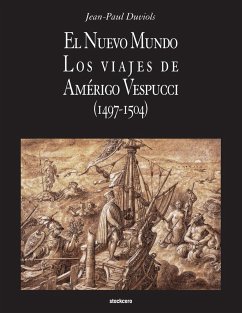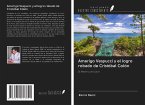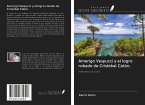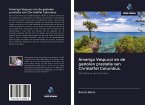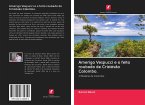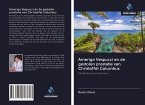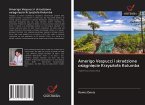Amerigo Vespucci's reputation today is intertwined by a long and passionate controversy: is indeed this Florentine navigator and astronomer known solely because he left his name to the New World? Is AMERICA the aptly named as some historians say, or can it be that Vespucci snatched a better deserved glory to Christopher Columbus? The purpose of this edition of his complete works (Family Letters, Lettera and Mundus Novus) is to demonstrate that this sterile discussion has clouded the essential fact, that is the historical and literary impact of travel narrations in the early sixteenth century. Amerigo Vespucci's writings aroused so much interest that it became the biggest bestseller of the history of publishing. These texts are worth reading because they constitute one of the foundations of the European image about the New World. Vespucci was the first to describe in detail and with a readable style the coast and the jungles of the New World, the idyllic nature of the Land of Parrots, the lakeside towns of Little Venice (to be called Venezuela), the encounters with fearsome giant cannibals and warriors, and also with women both attractive and welcoming, not to mention staying in a village in the rainforest that was certainly the first ethnological experience the American history. Due to their originality, the works of Vespucci that add the documentary value to their exoticism, can be considered as the first adventure novels of European literature.
Hinweis: Dieser Artikel kann nur an eine deutsche Lieferadresse ausgeliefert werden.
Hinweis: Dieser Artikel kann nur an eine deutsche Lieferadresse ausgeliefert werden.

